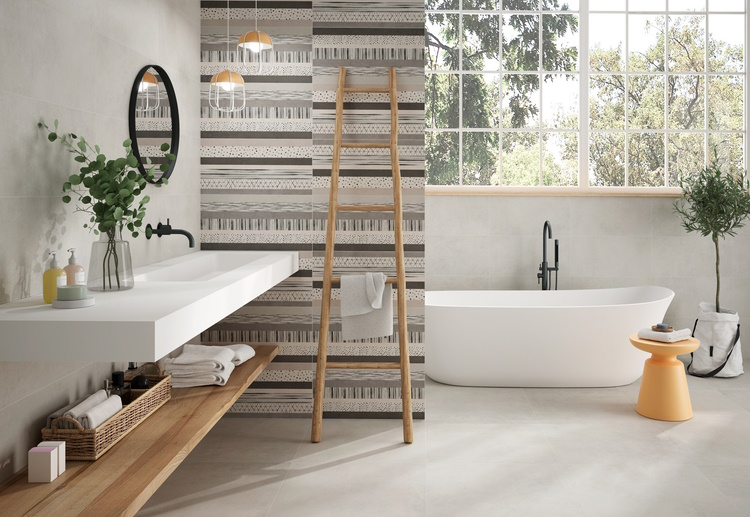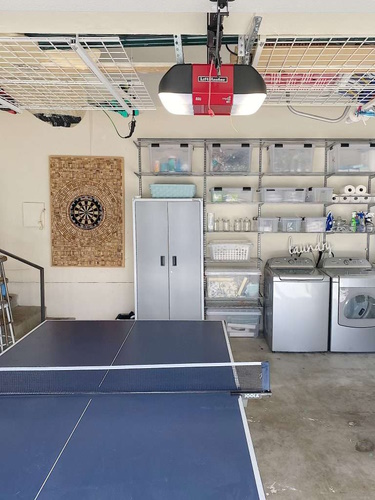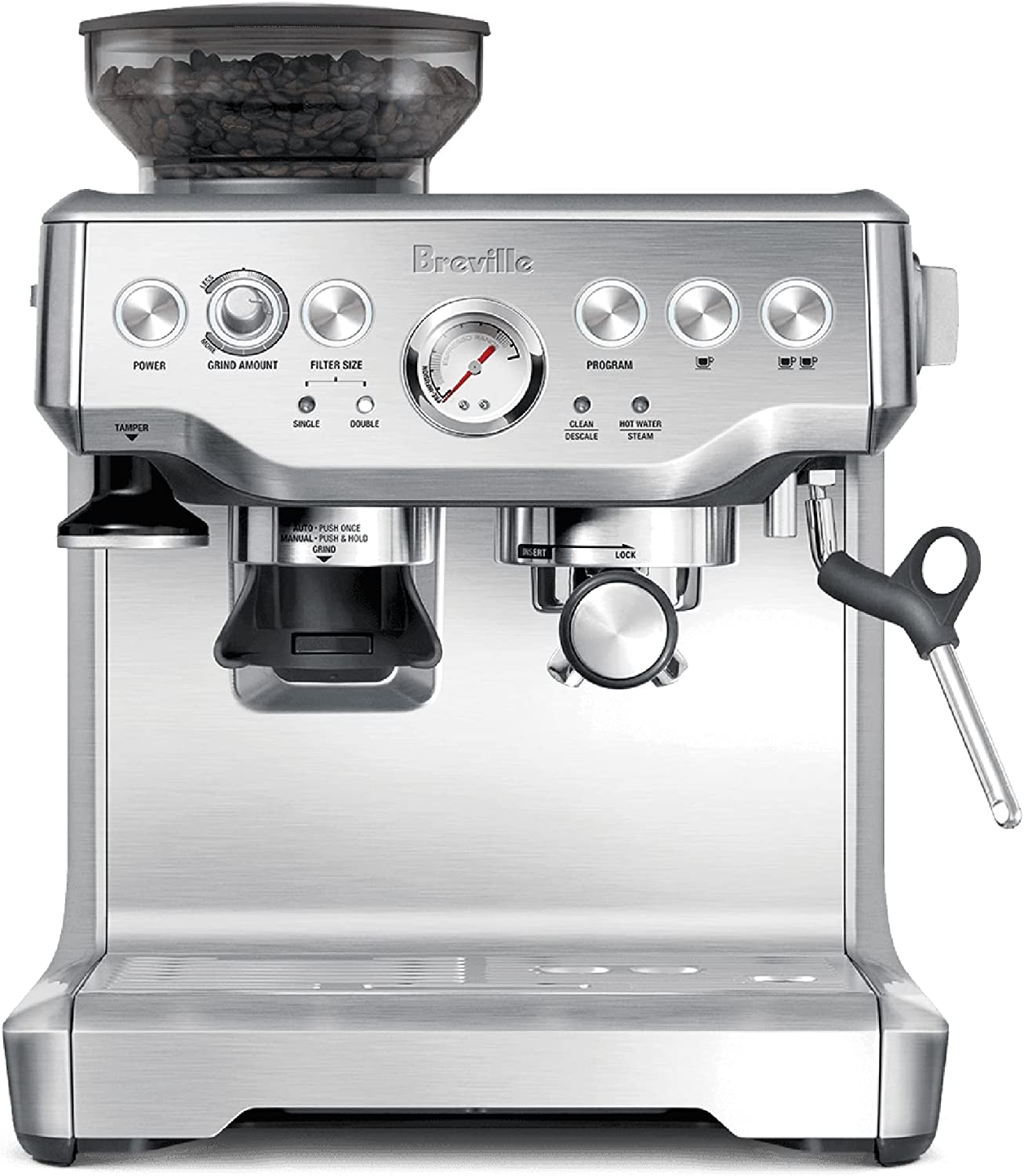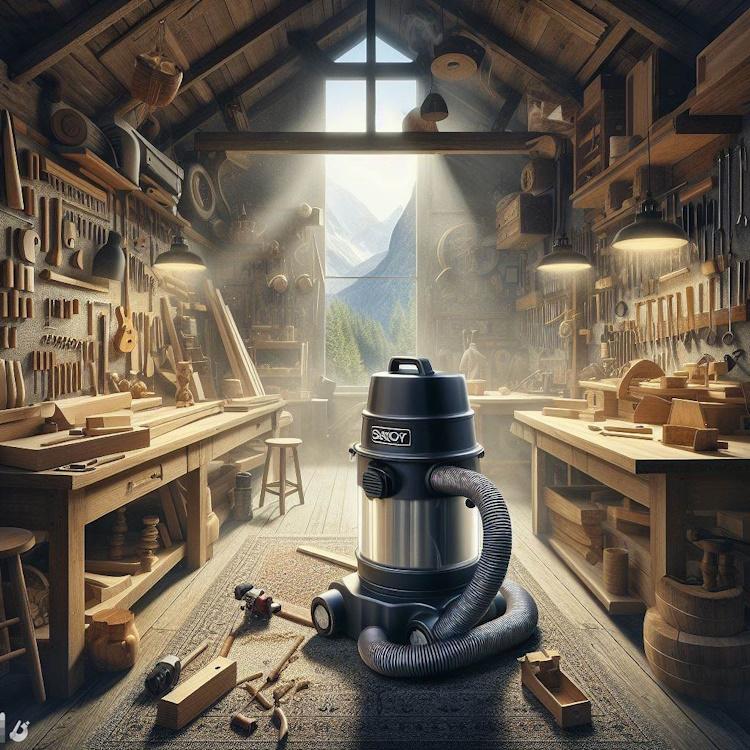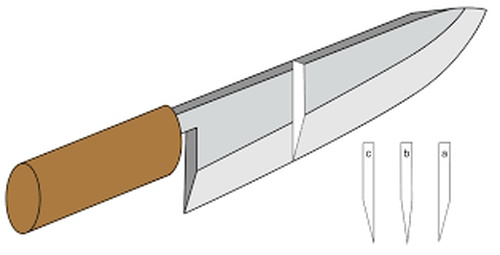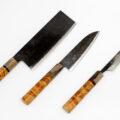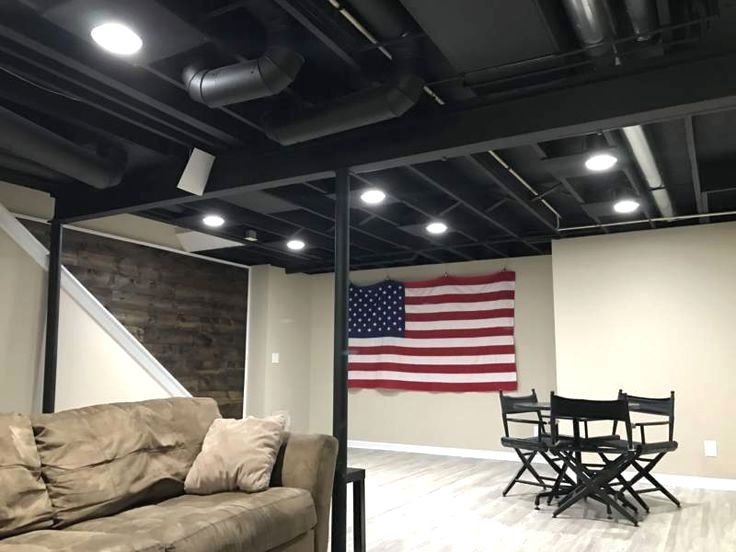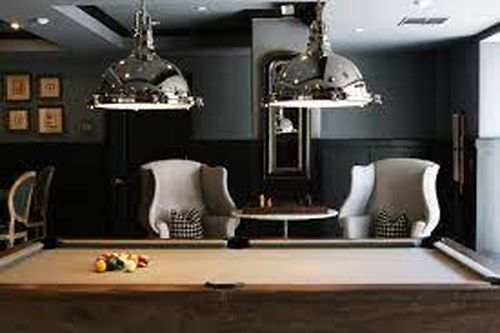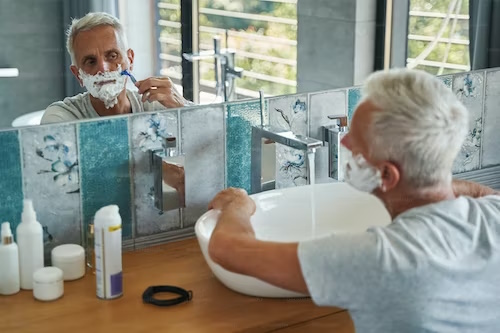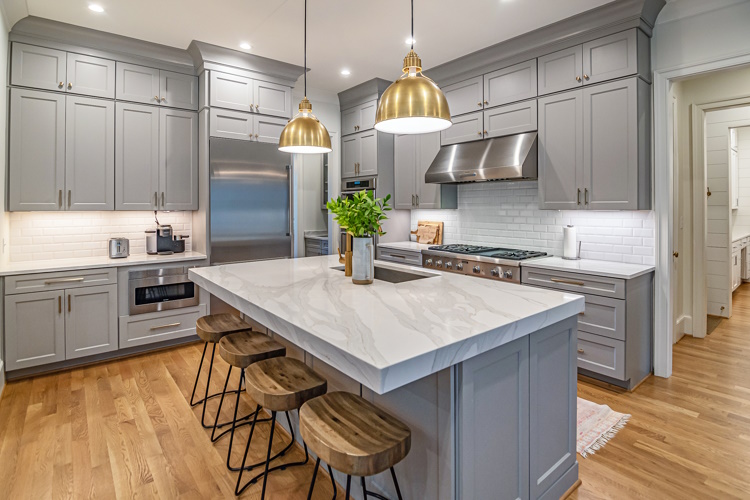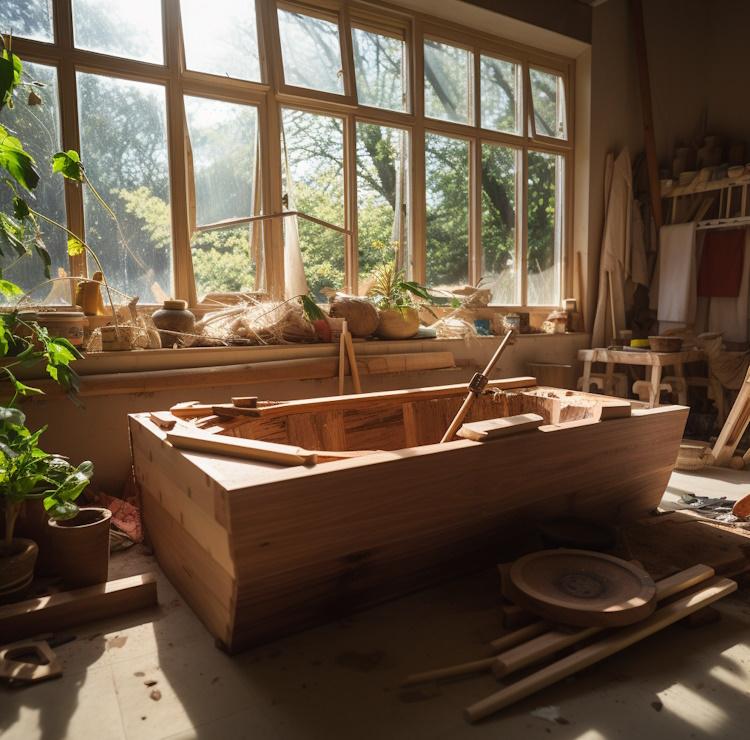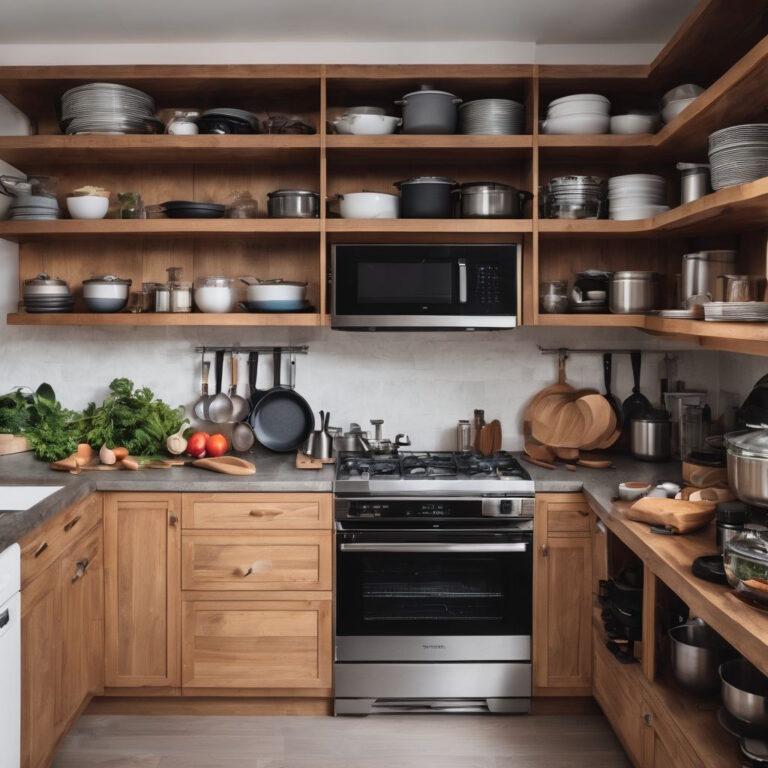9 Best Shower Wall Material Ideas for 2024
How to Choose the Best Shower Wall Material for Your Bathroom (2024 Guide)
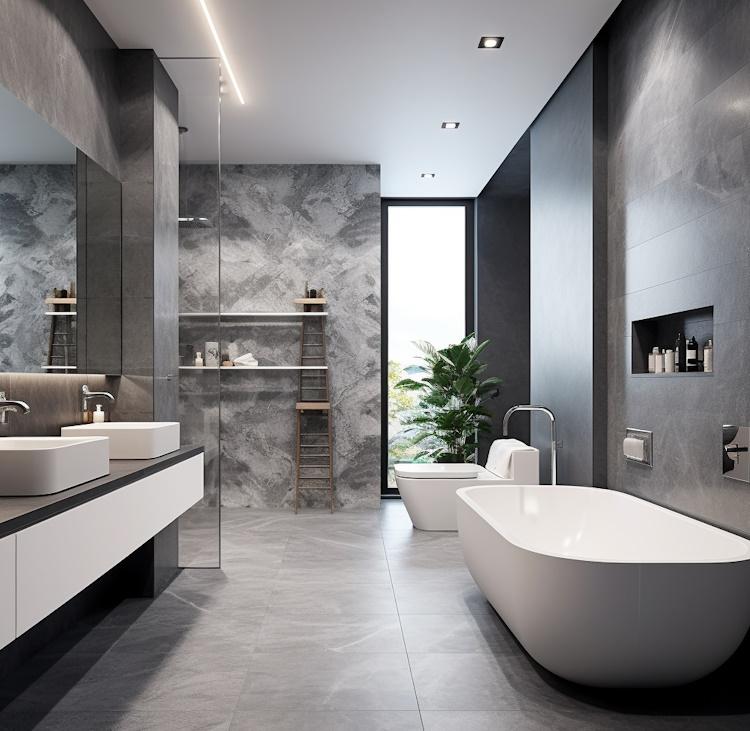
Porcelain Elegance: A Balance of Beauty and Caution.
Are you planning to renovate your bathroom and give it a fresh new look? If so, one of the most important decisions you’ll have to make is what kind of shower wall material to use. Shower walls are not only functional but also play a big role in your bathroom’s overall appearance and style.
Many different types of shower wall materials are available on the market today, each with pros and cons. Some are more durable, easy to clean, and resistant to mold and mildew, while others are more affordable, customizable, and aesthetically pleasing. But how do you know which one is the best for your needs and preferences?
In this article, we’ll help you answer that question by providing you with a comprehensive guide on the 9 best shower wall material ideas for your bathroom reno. We’ll cover everything from tiles to acrylics and explain the advantages and disadvantages of each option. We’ll also give you some tips on installing and maintaining your shower walls and choosing the right color and design for your bathroom theme.
By the end of this article, you’ll have a clear idea of what kind of shower wall material is the best for your bathroom and how to make it look stunning and inviting. Whether you’re looking for a modern, minimalist, rustic, or luxurious vibe, we have the perfect solution for you. So, let’s get started and explore the 9 best shower wall material ideas for your bathroom reno.
Why Choosing the Right Shower Wall Material Matters
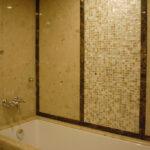 When it comes to remodeling your bathroom, one of the most important decisions you have to make is what kind of shower wall material you want to use. Shower walls are a functional part of your bathroom and a visual element that can affect your space’s overall look and feel.
When it comes to remodeling your bathroom, one of the most important decisions you have to make is what kind of shower wall material you want to use. Shower walls are a functional part of your bathroom and a visual element that can affect your space’s overall look and feel.
There are many factors to consider when choosing the right shower wall material, such as durability, maintenance, cost, design, and installation. In this article, we will discuss some of the pros and cons of different shower wall materials and help you find the best option for your bathroom.
Summary of 9 Shower Wall Materials
Ceramic tiles are popular for their durability and stain resistance. They’re available in various styles and sizes and are easy to install.
Acrylic shower walls are also popular due to their durability, affordability, and easy installation and maintenance requirements. They can imitate the look of tile and come in various colors and designs to suit your style. However, they may be prone to scratches and chips over time.
Fiberglass is an affordable yet long-term option for shower walls that resists scratches and dents and helps reduce heat transfer through walls. It’s also mold and mildew-resistant, making bathroom cleanliness effortless.
While more expensive and demanding in terms of maintenance, Porcelain offers greater durability and an elegant appearance than fiberglass materials. However, installing it can be challenging and becomes incredibly slippery when wet.
Marble is a luxurious and timeless material that makes an impressive statement in any bathroom. It adds elegance to any space while remaining durable if appropriately treated. However, it may stain or become damaged if neglected over time or left without attention from its caretakers. Acidic solutions and certain cleaning products can damage marble, so it is wise to choose high-grade marble that contains less calcite to protect it.
Granite is another popular choice for bathroom shower walls, offering an eye-catching natural formation look in several colors and thicknesses. It is highly heat, scratch, and stain-resistant, making it an excellent barrier against water absorption and scratches.
Engineered stone is a more durable alternative to natural stone and has nonporous properties, making it more hygienic.
Cultured marble is another durable option that is more hygienic than natural marble due to its lack of porous areas that can harbor bacteria or mold.
Glass tiles can make an elegant and reflective shower wall material. They are available in various shapes and colors and are waterproof and simple to keep clean. However, they are more costly and require professional installation services for the best results.
Make your shower more modern with these easy-care surfaces designed for everyday living, resistant to stains, scratches, and moisture damage. They make life simpler when dealing with children or pets! Selecting the ideal material for your bathroom shower walls can make for a relaxing and pleasant experience.
It should be durable enough to withstand chemicals, water, and steam that pass through it, as well as be attractive enough that you want to return.
Here’s the rundown:
Pros and Cons of Ceramic Tiles
Ceramic tiles are a popular choice for shower walls because they are durable, easy to clean, and come in a variety of colors and patterns. However, they also have some drawbacks that you should consider before installing them. Here are some pros and cons of ceramic tiles as shower wall material.
Pros:
- Ceramic tiles are resistant to water, stains, mold, and bacteria, making them ideal for wet areas like showers.
- Ceramic tiles are low-maintenance and can be cleaned with mild soap and water or a vinegar solution.
- Ceramic tiles are versatile and can create different looks depending on the size, shape, color, and layout of the tiles. You can also mix and match different types of tiles, such as porcelain, glass, or stone, to add more texture and interest to your shower walls.
- Ceramic tiles are affordable and widely available at most home improvement stores.
Cons:
- Ceramic tiles are heavy and require a sturdy and level substrate to support them. You may need to reinforce your shower walls or hire a professional to install them properly.
- Ceramic tiles are hard and cold to the touch, which may not be very comfortable for some people. You can use a radiant heating system under the tiles to warm them up, but this will add to the cost and complexity of the installation.
- Ceramic tiles are prone to cracking, chipping, or scratching if installed incorrectly or if a hard object hits them. You will need to replace damaged tiles or use a grout sealer to prevent water from seeping into the cracks.
- Ceramic tiles have grout lines that can collect dirt, soap scum, and mildew over time. You will need to clean and seal the grout regularly to keep it looking fresh and prevent mold growth.
Pros and Cons of Acrylic
Acrylic is a type of plastic that is used to make shower wall panels and tub liners. It has some advantages and disadvantages as a shower wall material. Here are some of them:
Pros:
- Acrylic is non-porous, so it is resistant to mold and mildew.
- Acrylic is easy to install over existing tiles and can be customized to fit any shape and size of the shower.
- Acrylic has a high light transmission rate, allowing sunlight to saturate the bathroom.
- Acrylic is affordable compared to stone or tile and has a long lifespan of about 10 years.
Cons:
- Acrylic is softer than glass or stone, so it can get scratched or damaged by abrasive cleaners or sharp objects.
- Acrylic can fade or yellow over time due to exposure to sunlight or chemicals.
- Acrylic has a limited design range and may look less natural or elegant than other materials.
- Acrylic may not be eco-friendly as it is derived from natural gas and may not be recyclable.
Pros and Cons of Fiberglass
Fiberglass is a common material for shower wall panels because it is lightweight, inexpensive, and easy to install. However, fiberglass also has some drawbacks that you should consider before choosing it for your bathroom. Here are some pros and cons of fiberglass as shower wall material.
Pros:
- Fiberglass is extremely water-resistant once sealed, preventing mold and mildew growth.
- Fiberglass comes in various styles and finishes that can imitate natural stone, tile, or matte surfaces.
- Fiberglass is easy to install by yourself or with minimal professional help.
Cons:
- Fiberglass is more brittle than PVC panels, which means it can crack or chip easily if hit by a hard object or dropped during installation.
- Fiberglass can discolor over time due to exposure to sunlight, soap scum, or hard water stains.
- Fiberglass is more prone to scratching and fading than other shower wall materials, which can make it look old and worn out sooner.
Pros and Cons of Porcelain
Porcelain is a ceramic material fired at a higher temperature and has a lower water absorption rate than regular ceramic tiles. Porcelain tiles are often used as shower wall materials because they have many advantages, such as:
- They are very durable and resistant to scratches, stains, and moisture.
- They are easy to clean and maintain, requiring no sealing or special products.
- They come in a variety of colors, sizes, shapes, and patterns, allowing for creative and customized designs.
- They can mimic the look of natural stone, marble, or wood but at a lower cost and with less maintenance.
However, porcelain tiles also have some drawbacks, such as:
- They are more expensive and heavier than ceramic tiles, which may increase the installation cost and time.
- They are harder to cut and drill than ceramic tiles, which may require professional tools and skills.
- They can be slippery when wet, especially if they have a glossy finish, which may pose a safety hazard.
- They can crack or chip if they are not installed properly or if they are exposed to extreme temperature changes.
Therefore, porcelain tiles are a great option for shower wall materials if you are looking for a durable, elegant, and versatile product that can withstand moisture and wear. However, you should also consider the cost, weight, installation difficulty, and slipperiness of porcelain tiles before making your final decision.
Pros and Cons of Marble
If you are looking for an elegant, durable, and affordable shower wall material, you might consider marble as an option. Marble is a natural stone with a smooth, glossy surface with unique patterns and colors. However, marble also has some drawbacks that you should be aware of before installing it in your shower. Here are some pros and cons of marble as a shower wall material.
Pros:
- Marble gives your shower a luxurious and sophisticated look that can enhance the value and appeal of your bathroom.
- Marble is versatile and can be customized to fit your preferences. You can choose from different types of marble, such as cultured marble, which is a mixture of marble and other ingredients that can be molded into various shapes, colors, and designs.
- Marble is durable and can last for a long time if properly maintained. It is resistant to scratches, cracks, and chips and can withstand high temperatures and humidity.
Cons:
- Marble is expensive compared to other shower wall materials, such as tile, acrylic, or fiberglass. It also requires professional installation, which can add to the cost.
- Marble is porous and can easily absorb water, soap, dirt, and stains. It also reacts with acidic substances, such as vinegar, lemon juice, or some cleaning products, which can cause etching or dulling of the surface.
- Marble requires regular and careful cleaning to prevent mold, mildew, and bacteria growth. It also needs to be sealed periodically to protect it from moisture and stains.
Pros and Cons of Granite
Granite is a natural stone that can add elegance and luxury to your shower walls. It has many advantages, such as:
- Durability: Granite is resistant to heat, scratches, and stains, making it a long-lasting material for your shower walls.
- Design options: Granite can be cut into various shapes and sizes, allowing you to create unique and customized designs for your shower walls. You can also choose from a wide range of colors and patterns, each with its own natural beauty.
- Resale value: Granite is a high-end material that can increase the value of your home. Potential buyers will be impressed by the quality and style of your granite shower walls.
However, granite also has some drawbacks, such as:
- Cost: Granite is one of the most expensive materials for shower walls. You will need to pay for the material, installation, and sealing. A granite slab shower wall can cost thousands of dollars.
- Maintenance: Granite is porous, which means it can absorb water and bacteria if not properly sealed. You will need to seal your granite shower walls regularly to prevent mold, mildew, and stains. You will also need to avoid acidic or abrasive cleaners that can damage the surface of the stone.
- Slipperiness: Granite is smooth and glossy, which can make it slippery when wet. This can pose a safety hazard in your shower, especially if you have children or elderly people in your home. You may need to add some texture or grip to your granite shower walls or floor to prevent slips and falls.
Granite is a beautiful and durable material for shower walls, but it comes with some challenges. You will need to weigh the pros and cons of granite before deciding if it is the right choice for your bathroom.
Pros and Cons of Glass
Glass is a popular choice for shower wall material, but it has its advantages and disadvantages. Here are some pros and cons of using glass as a shower wall material.
Pros:
- Glass is easy to clean and maintain. It does not stain, rust, or corrode and can be wiped down with a cloth and mild soap.
- Glass is transparent and reflects light, creating a spacious and bright feeling in the bathroom. It also allows you to see the tile or wall design behind it, adding to the aesthetic appeal.
- Glass is durable and resistant to impact, heat, and moisture. It can withstand temperature changes and humidity without cracking or warping.
- Glass is customizable and versatile. You can choose from different types of glass, such as clear, frosted, tinted, or patterned, and different shapes and sizes to suit your preference and space.
Cons:
- Glass is expensive and requires professional installation. It can cost more than other shower wall materials, such as acrylic or tile, and it needs to be installed by a qualified contractor to ensure safety and quality.
- Glass is fragile and prone to breakage. Although glass is strong, it can still shatter or chip if hit by a hard object or subjected to excessive force. This can pose a risk of injury and damage to the bathroom.
- Glass is not very private and can create a cold feeling. Depending on the type of glass you choose, it may not provide enough privacy for your comfort level. It can also make the bathroom feel colder, especially in winter, as it does not retain heat well
Pros and Cons of Travertine
Travertine is a natural stone that can be used as a wall material for showers. It has a unique texture and color that can create a warm and elegant look in the bathroom. However, travertine also has some drawbacks that need to be considered before choosing it for your shower walls.
Some of the pros of travertine are:
- It is durable and resistant to heat and moisture.
- It is easy to cut and shape, allowing for different patterns and designs.
- It is available in different finishes, such as polished, honed, tumbled, or brushed.
- It adds value and beauty to your home.
Some of the cons of travertine are:
- It is porous and prone to staining and etching from acidic substances, such as soap, shampoo, or vinegar.
- It requires regular sealing and maintenance to prevent mold and mildew growth.
- It can be slippery when wet, especially if it has a smooth finish.
- It can be expensive and difficult to install.
To summarize, travertine can be a good choice for shower walls if you are looking for a natural and luxurious appearance, but you also need to be aware of its potential problems and costs. You should also choose the right finish and sealant for your travertine tiles to protect them from water damage and stains.
Best Water Saving Modern Bathroom Faucets (Top Picks) (wherecanibuythat.us)
Pros and Cons of Quartz
Quartz is a popular choice for shower wall material because of its durability, variety, and easy maintenance. However, it has some drawbacks you should consider before installing it. Here are some pros and cons of quartz as shower wall material.
Pros:
- Quartz is non-porous, which means it does not absorb water, stains, or bacteria. This makes it hygienic and easy to clean with mild soap and water.
- Quartz is resistant to scratches, chips, cracks, and heat. It can withstand high temperatures and humidity without warping or fading.
- Quartz comes in a wide range of colors, patterns, and finishes. You can customize your shower wall to match your style and preference.
- Quartz is eco-friendly, as it is made from natural minerals and recycled materials. It does not emit volatile organic compounds (VOCs) or harmful chemicals.
How To Remove Hair From Your Tub Drain (wherecanibuythat.us)
Cons:
- Quartz is expensive compared to other shower wall materials, such as ceramic tiles or acrylic panels. Depending on the quality and design, it can cost up to $100 per square foot.
- Quartz is heavy, which means it requires a strong and sturdy support structure. You may need to reinforce your walls and floor before installing quartz panels.
- Quartz is not easy to install, as it requires professional skills and tools. You may need to hire a contractor to properly cut, fit, and seal the quartz panels.
- Quartz is not immune to damage, as it can still chip or crack if hit with a hard object or exposed to extreme pressure. You may need to repair or replace the damaged panels if this happens.
General Rule Of Thumb: Allocating Closet Space Per Person (wherecanibuythat.us)
Pros and Cons of Engineered Stone
Engineered stone is a composite material made of crushed stone and resin. It is often used as a shower wall material because of its durability, aesthetics, and ease of maintenance. However, engineered stone also has some drawbacks that should be considered before choosing it for your bathroom project. Here are some pros and cons of engineered stone as a shower wall material:
Pros:
- Engineered stone is resistant to stains, scratches, mold, and mildew. It does not require sealing or polishing, unlike natural stone.
- Engineered stone comes in a variety of colors, patterns, and textures. You can customize the look of your shower wall to match your style and preference.
- Engineered stone is easy to install and cut. It can be fitted to any shape and size of shower wall without grout lines or seams.
Cons:
- Engineered stone is more expensive than other shower wall materials, such as ceramic tile, acrylic, or fiberglass. It may also require professional installation, which adds to the cost.
- Engineered stone is heavy and may need additional support or reinforcement for the shower wall. It may also crack or chip if subjected to extreme temperature changes or impact.
- Engineered stone may fade or discolor over time due to exposure to sunlight, chemicals, or hard water. It may also lose its shine or luster if not cleaned properly.
Cultured Marble
Cultured marble is a type of synthetic material that mimics the appearance of natural marble. It is often used as a shower wall material because of its durability, affordability, and ease of installation. However, cultured marble also has some drawbacks that should be considered before choosing it for your bathroom project. Here are some pros and cons of cultured marble as a shower wall material:
Pros:
- Cultured marble is resistant to mold and mildew, as it does not have grout lines that can trap moisture and dirt.
- Cultured marble is easy to clean and maintain, as it only requires a mild soap and water solution or a non-abrasive cleaner.
- Cultured marble is available in a variety of colors, patterns, and finishes, so you can customize the look of your shower to match your style and preference.
- Cultured marble is cheaper than natural marble or other stone materials, as it is made from crushed marble mixed with resin and pigments.
Cons:
- Cultured marble can crack, chip, or scratch over time, especially if exposed to extreme temperatures or impacts.
- Cultured marble can fade or discolor due to exposure to sunlight, harsh chemicals, or hard water stains.
- Cultured marble can be difficult to repair if damaged, as it may require professional assistance or replacement of the entire panel.
- Cultured marble can look artificial or outdated compared to natural stone or other modern materials, as it may have visible seams or an unnatural gloss.
Ever wondered what Yale has to say about bathrooms? Now you know.

